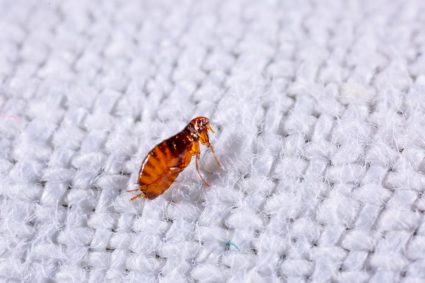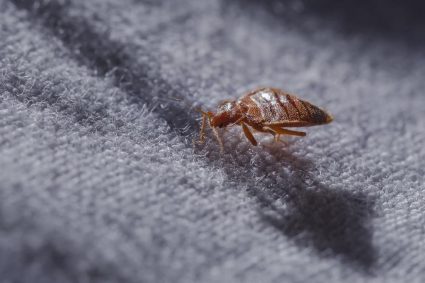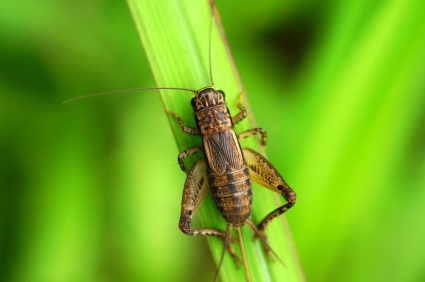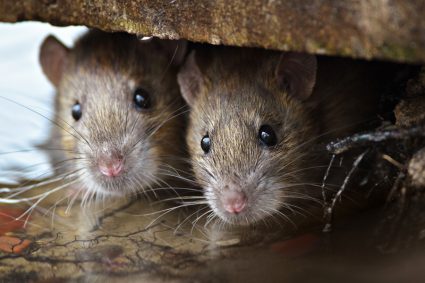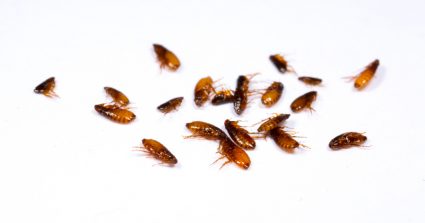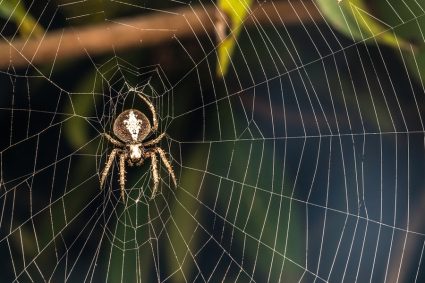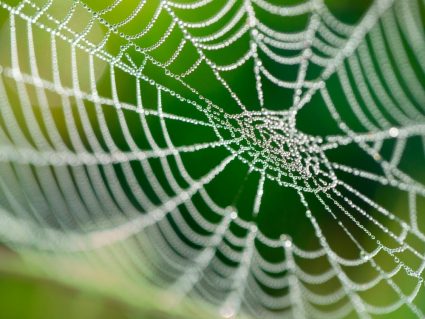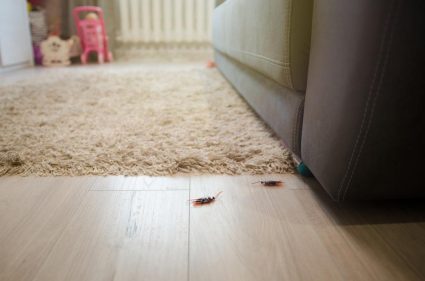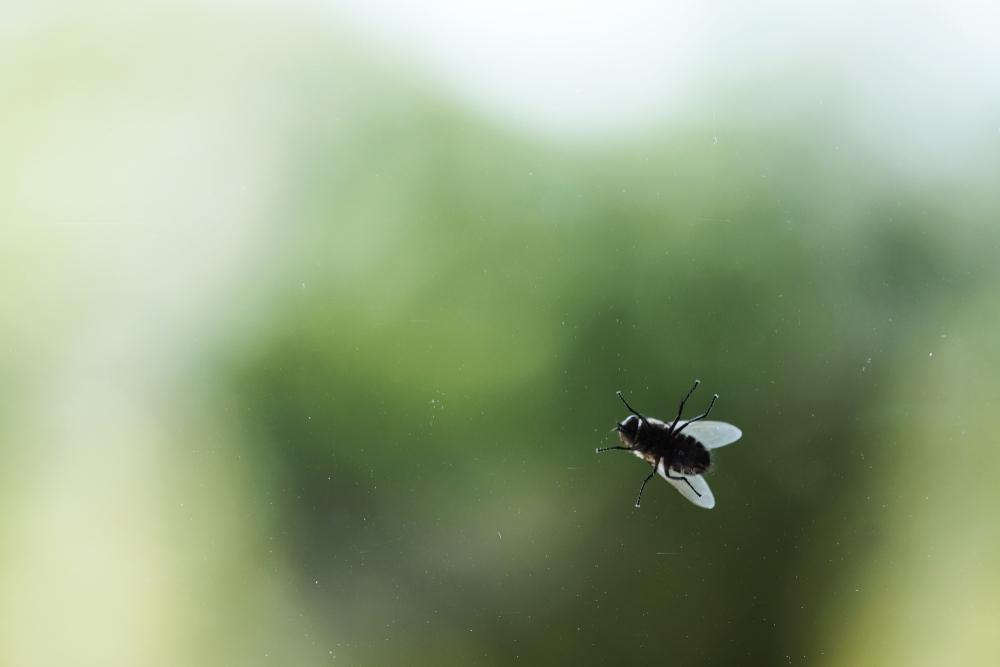
Biting gnats can be a real nuisance, especially during outdoor activities. These tiny insects can deliver a painful bite, causing skin irritation and discomfort. Fortunately, there are various ways to repel these bothersome bugs. This comprehensive guide will walk you through different methods, from DIY solutions to commercial products, to keep biting gnats at bay.
To repel biting gnats, eliminate standing water in your yard, use gnat-repelling plants like lavender and geraniums, create DIY gnat traps using vinegar and dish soap, use commercial repellents like BUGGINS Original Gnats & Mosquitoes Insect Repellent, dress appropriately in long-sleeved shirts, long pants, and light colors, and use fans to deter these weak fliers. Avoid common mistakes such as choosing ineffective repellents, not covering skin adequately, and going out during peak biting times.
Understanding Biting Gnats
Before we delve into the solutions, it’s crucial to understand what we’re dealing with. Biting gnats, also known as sand flies, no-see-ums, or black flies, are small, blood-sucking insects that thrive in warm, humid environments. They breed in areas with standing water, such as marshes, ponds, and decaying organic matter.
Effective Methods to Repel Biting Gnats
1. Eliminate Standing Water
The first step in repelling gnats is to target their breeding grounds. Gnats lay their eggs in moist areas, so eliminating standing water in your yard can significantly reduce their population. This includes emptying bird baths, flower pots, gutters, and other containers that collect water.
2. Use Gnat-Repelling Plants
Certain plants, like lavender, geraniums, lemon thyme, and Mexican marigold, have natural gnat-repelling properties. Strategically placing these plants around your home can deter gnats and add beauty to your garden.
3. Create DIY Gnat Traps
A homemade gnat trap using vinegar and dish soap can also be effective. Mix equal parts of apple cider vinegar, water, sugar, and a few drops of dish soap. The vinegar and sugar will attract gnats, while the dish soap will trap and kill them.
4. Use Commercial Repellents
There are several commercial repellents available that are effective against biting gnats. Some of the recommended products include BUGGINS Original Gnats & Mosquitoes Insect Repellent, No Natz Botanical Bug Repellent, and Ranger Ready Picaridin 20% Insect Repellent. These products contain active ingredients like DEET or picaridin, which have been proven to be effective against gnats.
5. Dress Appropriately
When in areas with high gnat populations, protect yourself by wearing long-sleeved shirts, long pants, and closed shoes. Additionally, gnats are attracted to dark colors, so wearing light-colored clothing can make you less appealing to them.
6. Use Fans
Gnats are weak fliers and can be deterred by a strong breeze. Therefore, using fans can be an effective way to keep them at bay, especially indoors.
Common Mistakes to Avoid
When trying to repel gnats, people often make a few common mistakes. For example, some people might not read bug-spray labels carefully and choose a product that’s not effective against gnats. Others might not cover their skin adequately or might go out during peak biting times. Also, some people might not use repellents correctly or might not protect their face, which is a favorite spot for gnats to bite.
To avoid these mistakes, always choose a repellent that is effective against gnats, cover your skin as much as possible, avoid going out during peak biting times, apply repellents correctly, and consider wearing an insect head net if you’re in an area with a high gnat population.
Conclusion
Biting gnats can be a nuisance, but with the right strategies, you can keep them at bay and enjoy your outdoor activities without any discomfort. From eliminating standing water to using commercial repellents, there are numerous ways to repel these pesky insects. Always remember, if the infestation becomes too overwhelming, it’s best to seek help from a pest control professional.
Frequently Asked Questions
What time of the day are gnats most active?
Gnats are most active during dawn and dusk. These are their peak biting times, and it’s best to avoid outdoor activities during these periods if you’re in a gnat-infested area.
Do all gnats bite?
No, not all gnats bite. There are several species of gnats, and only a few, such as sand flies or no-see-ums, are known to bite humans.
How long does a gnat bite last?
A gnat bite typically lasts for a few days. However, the duration can vary depending on the individual’s reaction to the bite. Some people might experience prolonged discomfort and itchiness.
Can gnats spread diseases?
Yes, some species of biting gnats can spread diseases. For instance, black flies can transmit river blindness, while sand flies can spread a disease called Leishmaniasis. However, most gnats in the United States are merely a nuisance and do not transmit diseases.
Are there any natural repellents for gnats?
Yes, there are natural gnat repellents. Essential oils like citronella, eucalyptus, and lemongrass are known to repel gnats. However, they might not be as effective as commercial repellents containing DEET or picaridin.
What is the lifespan of a gnat?
The lifespan of a gnat can vary depending on the species. Generally, adult gnats live for about a week, but their larvae can survive in the soil for several months before emerging as adults.

